Home>Articles>How Much Does It Cost To Clean Up A Flooded Basement
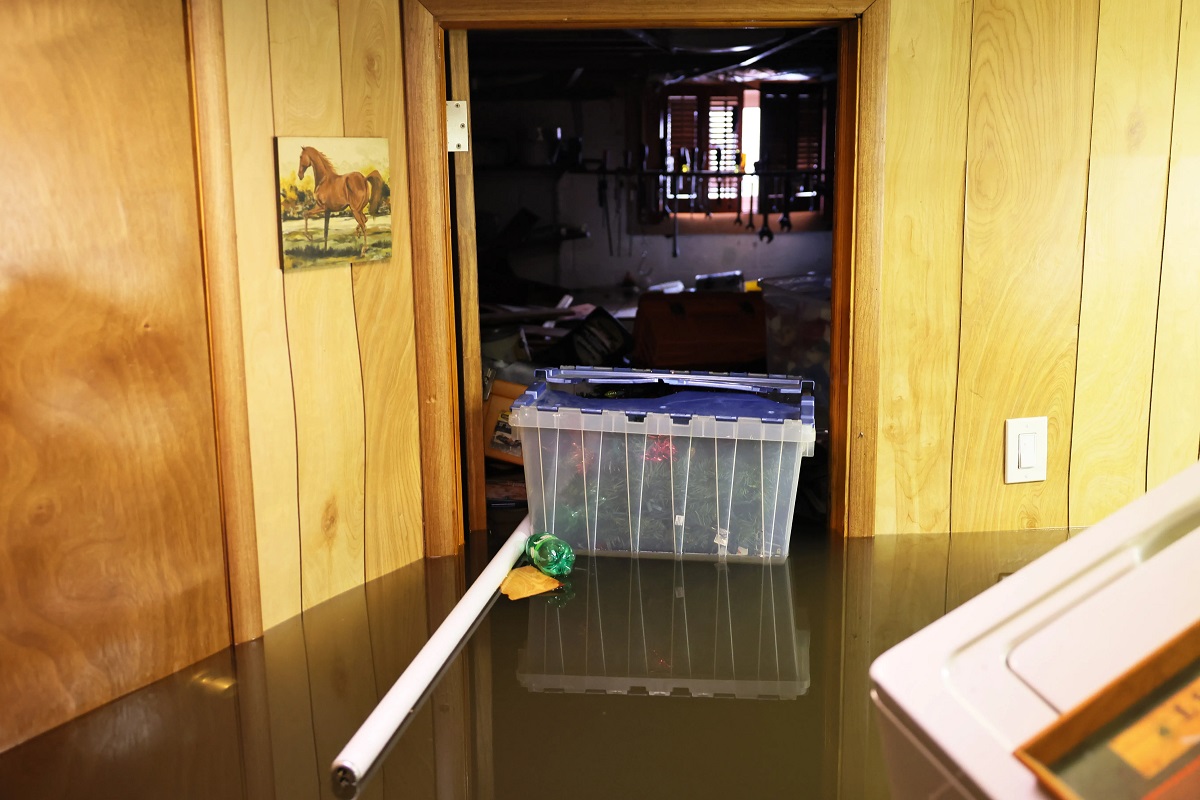

Articles
How Much Does It Cost To Clean Up A Flooded Basement
Modified: January 6, 2024
Learn about the cost of flood basement cleanup with our informative articles. Discover expert tips and advice to handle flooded basements efficiently.
(Many of the links in this article redirect to a specific reviewed product. Your purchase of these products through affiliate links helps to generate commission for Storables.com, at no extra cost. Learn more)
Introduction
A flooded basement can be a homeowner’s worst nightmare. Not only does it cause significant damage to your property, but it can also lead to mold growth, structural issues, and the loss of valuable belongings. Dealing with a flooded basement is not only time-consuming and stressful, but it can also be a costly endeavor.
In this article, we will explore the causes of basement flooding, the steps involved in assessing the extent of the damage, and the importance of hiring professional water restoration services. Additionally, we will discuss the various factors that influence the cost of basement cleanup and provide a breakdown of the common services involved. We will also delve into preventive measures you can take to minimize the risk of basement flooding and the pros and cons of DIY cleanup versus hiring professionals.
Basement flooding can occur due to various reasons, including heavy rainfall, burst pipes, sewer backups, or poorly installed or malfunctioning sump pumps. When water seeps into your basement, it can damage walls, floors, furniture, electrical systems, and appliances. It is crucial to address the issue promptly to minimize further damage and prevent the growth of mold and mildew.
Before you embark on the cleanup process, it is essential to assess the extent of the damage. This includes inspecting the affected area for any structural damage, signs of mold or mildew growth, and potential electrical hazards. It is advisable to turn off the electricity in the affected area before entering to avoid the risk of electrocution.
While it may be tempting to handle the cleanup process independently to save costs, it is highly recommended to hire professional water restoration services. These professionals have the expertise, equipment, and experience necessary to handle the cleanup effectively and efficiently. They can quickly extract the water, dry the area, disinfect and deodorize the space, and restore it to its pre-flood condition.
Key Takeaways:
- Hiring professional water restoration services is crucial for efficient and thorough cleanup, mold prevention, and peace of mind. Their expertise and advanced equipment ensure prompt and effective restoration of your flooded basement.
- Preventing basement flooding through regular maintenance, proper grading, and installation of sump pumps can significantly reduce the risk of water damage. Being proactive and prepared for emergencies is key to protecting your property.
Read more: How Much Does A Walkout Basement Cost
Causes of Basement Flooding
Basement flooding can occur due to various reasons, and understanding these causes is essential for taking preventive measures. Here are some of the most common causes of basement flooding:
- Heavy Rainfall: During periods of heavy rain, the soil around your home’s foundation can become saturated, leading to an increase in hydrostatic pressure. Excessive pressure can cause water to seep through cracks or gaps in the foundation walls or basement floor, resulting in basement flooding.
- Burst Pipes: Burst or leaking pipes within the basement can cause a significant amount of water damage. This can happen due to aging plumbing systems, freezing temperatures, or excessive pressure buildup. It is important to regularly inspect your pipes and address any leaks or weak points to prevent water from damaging your basement.
- Sewer Backups: When the municipal sewer system becomes overwhelmed or blocked, sewage can backup into your basement through floor drains or toilets. This can lead to extensive contamination and damage, requiring immediate attention from professionals.
- Malfunctioning Sump Pump: A sump pump is a crucial component in preventing basement flooding. It is designed to remove water that accumulates around the foundation. If the sump pump fails to function correctly or is overwhelmed by a large influx of water, it can result in basement flooding.
- Improper Grading and Drainage: If the land around your property is not properly graded or lacks proper drainage, water can flow towards the foundation instead of away from it. This can increase the risk of basement flooding, especially during heavy rainfall.
- Foundation Cracks: Over time, foundations can develop cracks due to soil settlement, hydrostatic pressure, or structural issues. These cracks provide an entry point for water, leading to basement flooding. It is crucial to regularly inspect and seal any foundation cracks to prevent water infiltration.
Understanding the causes of basement flooding can help you identify potential vulnerabilities and take necessary steps to prevent or mitigate the risk. It is important to maintain your plumbing systems, ensure proper grading and drainage, and regularly inspect your foundation for any signs of damage or cracks.
Assessing the Extent of the Damage
Once your basement has been flooded, it is crucial to assess the extent of the damage before proceeding with the cleanup process. This assessment will help you determine the necessary measures needed to restore your basement to its pre-flood condition. Here are the key steps involved in assessing the damage:
- Ensure Safety: Before entering the flooded area, it is important to ensure your safety. Switch off the electricity to the affected area to avoid the risk of electric shock. Wear protective gear, such as gloves and waterproof boots, to safeguard yourself from potential hazards.
- Take Photos and Document: Before you begin the cleanup process, document the extent of the damage by taking clear photographs. This documentation will be helpful for insurance purposes and may aid in the claims process.
- Inspect the Walls, Floors, and Belongings: Carefully inspect the walls, floors, and any belongings within the flooded area. Look for signs of water damage, such as staining, warping, or discoloration. Check furniture, appliances, and personal items for water saturation or damage.
- Assess Structural Integrity: Examine the structural integrity of the basement. Look for any visible cracks, shifts in the foundation, or potential structural damage caused by the floodwaters. This step may require the assistance of a professional inspector or engineer.
- Check for Mold and Mildew: Standing water and high humidity levels provide an ideal environment for mold and mildew growth. Inspect the affected area and surrounding spaces for any signs of mold or musty odors. If mold is present, it is crucial to address it promptly to prevent further health hazards.
- Assess Electrical Systems: Once the water has been cleared, it is essential to determine if the electrical systems within the basement have been compromised. If there is any doubt, it is best to have a qualified electrician inspect and assess the electrical components before restoring power.
Assessing the extent of the damage is a crucial step in the basement cleanup process. It helps you prioritize the necessary repairs, estimate the cost of restoration, and ensures that you take appropriate measures to address any structural or safety concerns. If you are unsure about the assessment process, it is recommended to consult with a professional flood restoration specialist who can provide expert guidance and assistance.
Hiring Professional Water Restoration Services
Dealing with a flooded basement can be a challenging and overwhelming task. Hiring professional water restoration services is an excellent option to ensure an efficient and effective cleanup process. Here are the reasons why you should consider hiring professionals for your basement restoration:
- Expertise and Experience: Professional water restoration companies have specialized knowledge and experience in dealing with basement flooding. They are trained in the best practices and techniques for water extraction, drying, disinfection, and restoration. Their expertise ensures that your basement is restored to its pre-flood condition.
- Advanced Equipment: Water restoration professionals have access to advanced equipment and tools that are essential for efficient cleanup and drying. They use industrial-grade pumps, dehumidifiers, air movers, and moisture detection devices to effectively remove water, dry the affected area, and prevent mold growth.
- Timely Response: When it comes to dealing with a flooded basement, time is of the essence. Professional water restoration services are available 24/7 and can respond quickly to your emergency. Their prompt response helps minimize the extent of the damage and reduces the risk of further issues, such as mold growth.
- Comprehensive Services: Water restoration companies offer a wide range of services to ensure a thorough cleanup and restoration process. These services may include water extraction, drying and dehumidification, mold remediation, disinfection, structural repairs, and content restoration. They have the resources to handle every aspect of the restoration process.
- Insurance Assistance: Dealing with insurance claims can be a complex and time-consuming process. Professional water restoration companies have experience working with insurance companies and can provide the necessary documentation and evidence for your claim. They can help expedite the claim process and ensure that you receive the maximum coverage for your damages.
- Peace of Mind: Hiring professionals for your basement restoration provides peace of mind. You can trust that the job will be done properly and thoroughly, allowing you to focus on other priorities. Professionals take care of the cleanup, repairs, and restoration, ensuring that your basement is safe, dry, and restored to its pre-flood condition.
While it may be tempting to handle the basement cleanup yourself, hiring professional water restoration services is the best way to ensure a successful restoration process. They have the expertise, experience, and equipment necessary for a thorough and efficient cleanup. So, don’t hesitate to reach out to professionals to handle your basement restoration needs.
Factors Influencing the Cost of Basement Cleanup
The cost of basement cleanup can vary significantly depending on several factors. It is essential to understand these factors, as they can influence the overall cost of the restoration process. Here are some key factors that can impact the cost of basement cleanup:
- Extent of the Damage: The severity and extent of the basement flooding play a significant role in determining the cost. A minor water intrusion may only require basic extraction and drying, while extensive flooding that affects multiple rooms or levels may require more extensive restoration, such as structural repairs and mold remediation.
- Water Category: The category of water involved in the flooding can also affect the cost. Clean water from a burst pipe may be easier and less expensive to handle compared to contaminated water from sewer backups or natural disasters. Dealing with contaminated water requires additional precautions and specialized cleaning methods, which can increase the overall cost.
- Structural Damage: If the basement has suffered structural damage due to the flooding, such as compromised walls, floors, or foundations, it will require additional repair work. Structural repairs can significantly contribute to the overall cost of the restoration process.
- Mold Remediation: If the basement has been flooded for an extended period or if the cleanup process was not initiated promptly, there is a higher risk of mold growth. Mold remediation involves removing and treating mold-affected materials, disinfecting the area, and addressing any underlying moisture issues. Mold remediation adds an extra cost to the restoration process.
- Content Restoration: If the flooding has damaged your belongings, such as furniture, appliances, or personal items, restoring them can increase the overall cost. Content restoration may involve cleaning, drying, and repairing items, or in some cases, replacement if the damage is beyond repair.
- Service Provider: The choice of water restoration service provider can also impact the cost. Different companies may have different pricing structures, so it’s important to compare quotes and consider the reputation, experience, and expertise of the service provider before making a decision.
It’s important to note that the cost of basement cleanup can vary significantly depending on the unique circumstances of each situation. It is recommended to consult with professional water restoration companies to assess the damage and provide an accurate estimate based on your specific needs.
Read more: Why Does My Basement Flood
Cost Breakdown of Common Basement Restoration Services
The cost of basement restoration can vary depending on the specific services required to address the damage caused by flooding. Here is a breakdown of the common services involved in basement restoration and their approximate costs:
- Water Extraction and Cleanup: The process of removing standing water and cleaning up the affected area is the first step in basement restoration. The cost for water extraction and cleanup typically ranges from $500 to $2,000, depending on the extent of the flooding and the amount of water to be removed.
- Drying and Dehumidification: After the water is extracted, drying the basement is essential to prevent mold growth and further damage. The cost for drying and dehumidification services can range from $1,000 to $4,000, depending on the size of the basement and the duration required to thoroughly dry the space.
- Mold Remediation: If mold growth is present, it needs to be addressed to ensure a safe and healthy environment. The cost of mold remediation can vary significantly depending on the extent of the mold infestation. The average cost for mold remediation in a basement ranges from $500 to $5,000 or more.
- Structural Repairs: If the flooding has caused structural damage to the walls, floors, or foundation, structural repairs will be necessary. The cost for structural repairs can vary depending on the scope of the damage and the materials and techniques needed for repair. On average, structural repairs can cost anywhere from $1,000 to $10,000 or more.
- Content Restoration: Restoring damaged belongings, such as furniture, appliances, and personal items, is an additional cost to consider. The cost for content restoration will depend on the extent of the damage and the type of items that need to be restored. This can range from a few hundred dollars to several thousand dollars.
- Disinfection and Odor Removal: After the cleanup and restoration process, disinfection and odor removal may be necessary to ensure a clean and fresh-smelling space. The cost for disinfection and odor removal typically ranges from $500 to $2,000, depending on the size of the basement and the extent of contamination.
It’s important to note that these cost estimates are general guidelines and can vary based on several factors, such as the size of the basement, the severity of the damage, and the region in which you reside. It is best to consult with professional water restoration companies for a comprehensive assessment and accurate cost breakdown based on your specific situation.
Before starting the cleanup process, it’s important to assess the extent of the damage and consider potential costs for water extraction, drying, and repairs. It’s best to consult with professional restoration services for an accurate estimate.
Prevention and Mitigation Measures
Preventing basement flooding is essential to protect your property and avoid costly cleanup and restoration. Here are some preventive measures you can take to minimize the risk of basement flooding:
- Maintain Gutters and Downspouts: Regularly clean and inspect your gutters and downspouts to ensure they are free from debris and properly directed away from your foundation. This prevents water from overflowing and seeping into the basement.
- Install a Sump Pump: A sump pump is designed to remove water that accumulates around the foundation. Install a reliable sump pump with a battery backup system to ensure continuous operation even during power outages.
- Proper Grading and Landscaping: Ensure the land around your property is properly graded to direct water away from the foundation. Consider installing French drains or swales to divert surface water away from the basement.
- Inspect and Maintain Plumbing Systems: Regularly inspect your plumbing systems for any leaks, cracks, or weak spots. Repair or replace damaged pipes, fittings, and valves promptly to prevent water damage.
- Install Window Well Covers: If you have basement windows with window wells, installing covers can help prevent water from entering through the wells, especially during heavy rain or snowmelt.
- Seal Foundation Cracks: Inspect your foundation for any cracks and seal them using appropriate sealants. This helps prevent water infiltration during heavy rainfall or flooding.
- Backup Power Source: Consider installing a backup power generator to ensure the continued operation of essential systems, including sump pumps, during power outages.
- Regular Basement Maintenance: Inspect your basement regularly for any signs of water intrusion, mold growth, or foundation issues. Addressing these issues promptly can prevent further damage.
While prevention measures significantly reduce the risk of basement flooding, it is also important to have mitigation measures in place in case a flood does occur. This includes having emergency contact information for professional water restoration services, knowing the location of shut-off valves for water and gas, and having a plan in place for safely evacuating your home if necessary.
By implementing these preventive and mitigation measures, you can minimize the risk of basement flooding and protect your property from water damage. Regular maintenance and proactive measures go a long way in avoiding the stress, inconvenience, and financial burden associated with basement flooding.
DIY vs Professional Basement Cleanup
When faced with a flooded basement, you may be tempted to handle the cleanup yourself to save money. While there can be certain situations where a DIY approach is feasible, it is important to consider the advantages and disadvantages of both DIY and professional basement cleanup. Here are some key points to consider:
DIY Basement Cleanup
Advantages:
- Cost Savings: DIY cleanup can be less expensive, as you won’t have to pay for professional services.
- Immediate Action: By taking matters into your own hands, you can start the cleanup process right away without waiting for professionals to arrive.
- Familiarity with Your Property: You may have a better understanding of your basement’s layout and potential problem areas.
Disadvantages:
- Lack of Expertise: DIY cleanup may lack the expertise and experience necessary to thoroughly address the damage and prevent further issues.
- Insufficient Equipment: You may not have access to the specialized equipment needed for effective water extraction, drying, and restoration.
- Health and Safety Risks: Handling floodwater without proper protective gear and knowledge of potential health hazards can pose risks to your health and safety.
- Inadequate Results: Without professional intervention, there is a higher risk of incomplete cleanup, lingering moisture, mold growth, or hidden structural damage.
Read more: How Much Does It Cost To Drywall A Basement
Professional Basement Cleanup
Advantages:
- Expertise and Experience: Professional water restoration companies have the knowledge and experience to handle all aspects of basement cleanup properly.
- Efficient and Thorough: Professionals have access to advanced equipment and techniques to ensure efficient and thorough cleanup, drying, and restoration.
- Mold Prevention: Professionals can identify and address potential mold issues, minimizing the risk of mold growth and associated health hazards.
- Faster Restoration: With a team of trained technicians, professionals can complete the restoration process more quickly, minimizing disruption to your daily life.
Disadvantages:
- Cost: Hiring professionals for basement cleanup comes with a price tag, which can vary depending on the extent of the damage and the services required.
- Response Time: While professionals strive for a prompt response, there may be delays during peak periods or in emergency situations.
- Reliance on Others: You may need to coordinate with and rely on professionals for certain aspects of the cleanup, which can require some coordination and communication.
In many cases, the advantages of professional basement cleanup outweigh the costs and potential drawbacks. Professionals bring expertise, specialized equipment, and the ability to address the damage comprehensively. However, for minor water intrusions or situations where you have the necessary knowledge and resources, a DIY approach may be feasible. It is essential to assess the severity of the damage, evaluate your capabilities and limitations, and prioritize the safety and thoroughness of the cleanup process.
Ultimately, the decision between DIY and professional basement cleanup depends on your comfort level, the extent of the damage, and the desired outcome. It is advisable to consult with a water restoration professional to assess the situation and guide you towards the most appropriate course of action.
Conclusion
Dealing with a flooded basement is a distressing experience that can lead to significant damage and financial implications. Whether caused by heavy rainfall, burst pipes, or sewer backups, basement flooding requires immediate attention to mitigate further damage and restore your property. Understanding the causes of basement flooding, assessing the extent of the damage, and taking preventive measures are essential in minimizing the risk of future incidents.
While DIY cleanup may seem like a cost-effective solution, hiring professional water restoration services offers several advantages. Professionals have the expertise, experience, and specialized equipment necessary to handle the cleanup process efficiently and effectively. They can provide prompt response, thorough extraction and drying, mold remediation, and comprehensive restoration services. While the cost of professional services is an investment, it ensures the safety, proper restoration, and timely recovery of your basement.
Prevention is key in avoiding basement flooding. Regular maintenance of gutters, downspouts, and plumbing systems, as well as proper grading and landscaping, can significantly reduce the risk. Installing a sump pump, sealing foundation cracks, and being proactive in checking for any signs of water intrusion or structural issues are crucial preventive measures.
In conclusion, when faced with a flooded basement, it is important to carefully evaluate the situation and consider the advantages and disadvantages of DIY cleanup versus professional services. While a DIY approach may be feasible for minor water intrusions, professional restoration provides the expertise, efficiency, and peace of mind necessary to ensure a thorough and effective cleanup process. By taking preventive measures and being prepared for emergency situations, you can minimize the risk of basement flooding and protect your property and belongings.
Remember, when dealing with a flooded basement, time is of the essence. Act promptly, prioritize safety, and seek the appropriate professional assistance to restore your basement to its pre-flood condition.
Frequently Asked Questions about How Much Does It Cost To Clean Up A Flooded Basement
Was this page helpful?
At Storables.com, we guarantee accurate and reliable information. Our content, validated by Expert Board Contributors, is crafted following stringent Editorial Policies. We're committed to providing you with well-researched, expert-backed insights for all your informational needs.
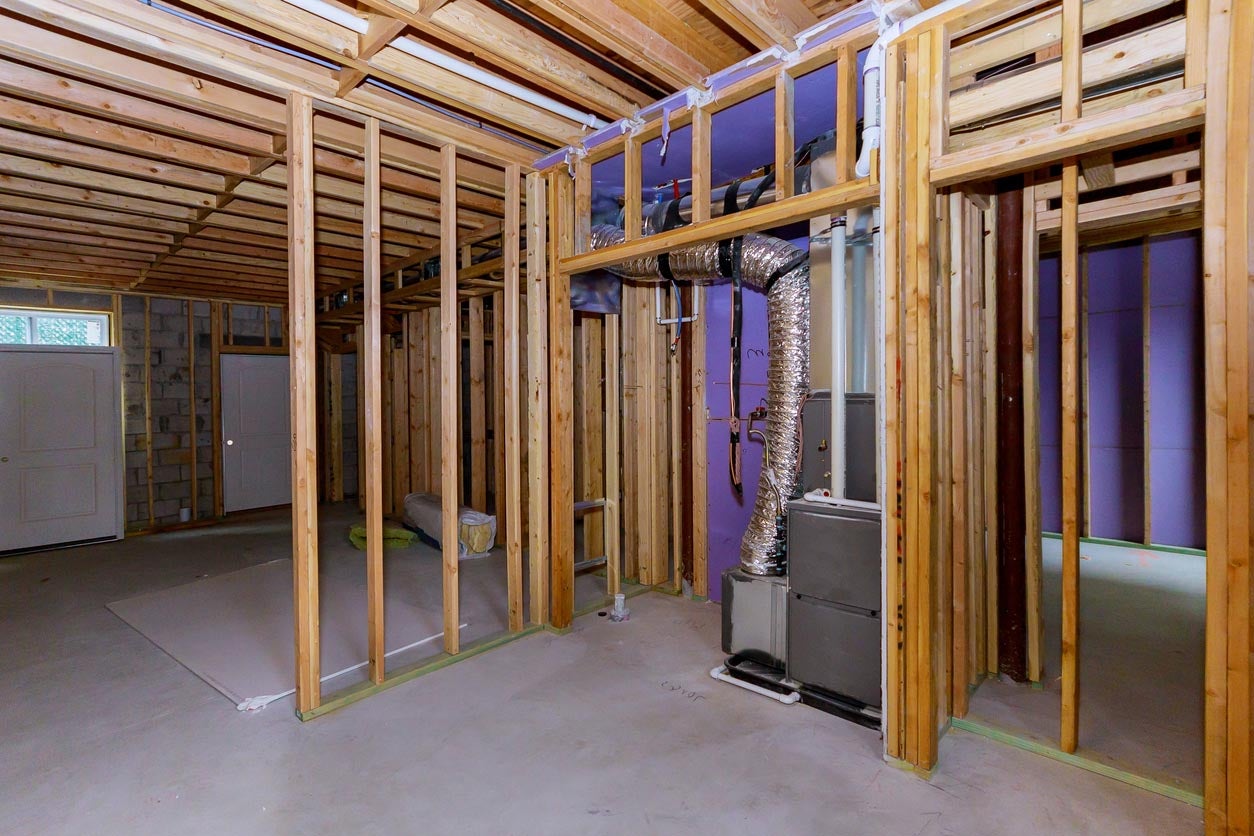

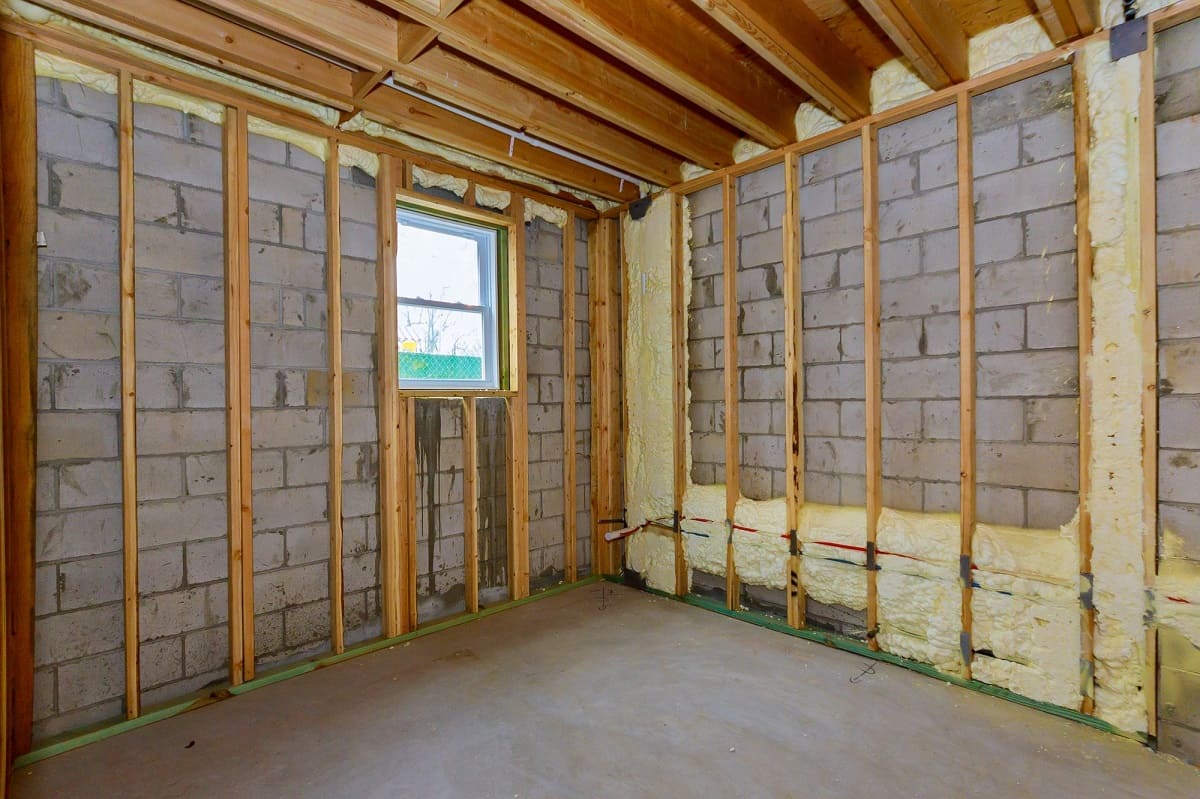
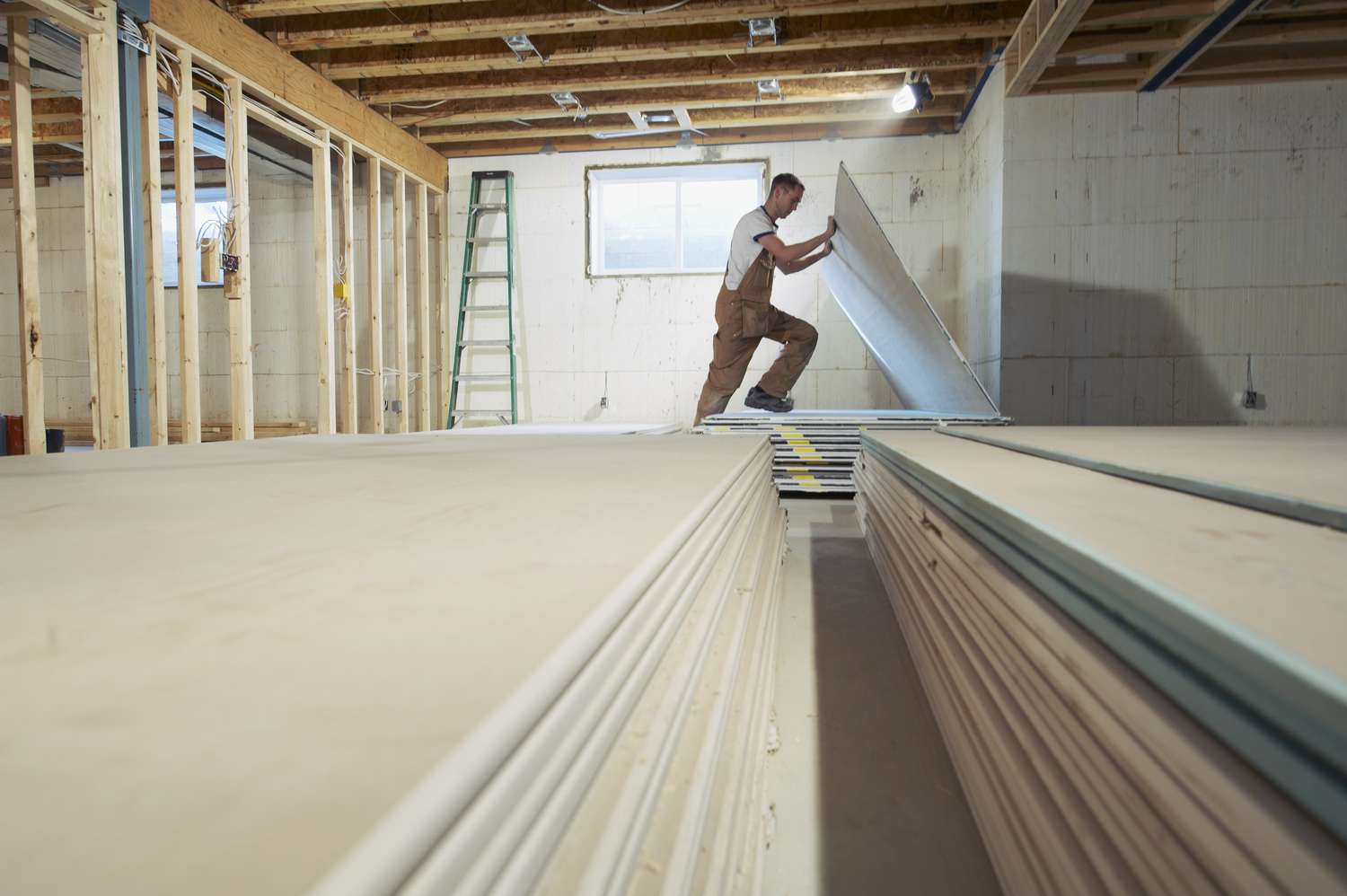
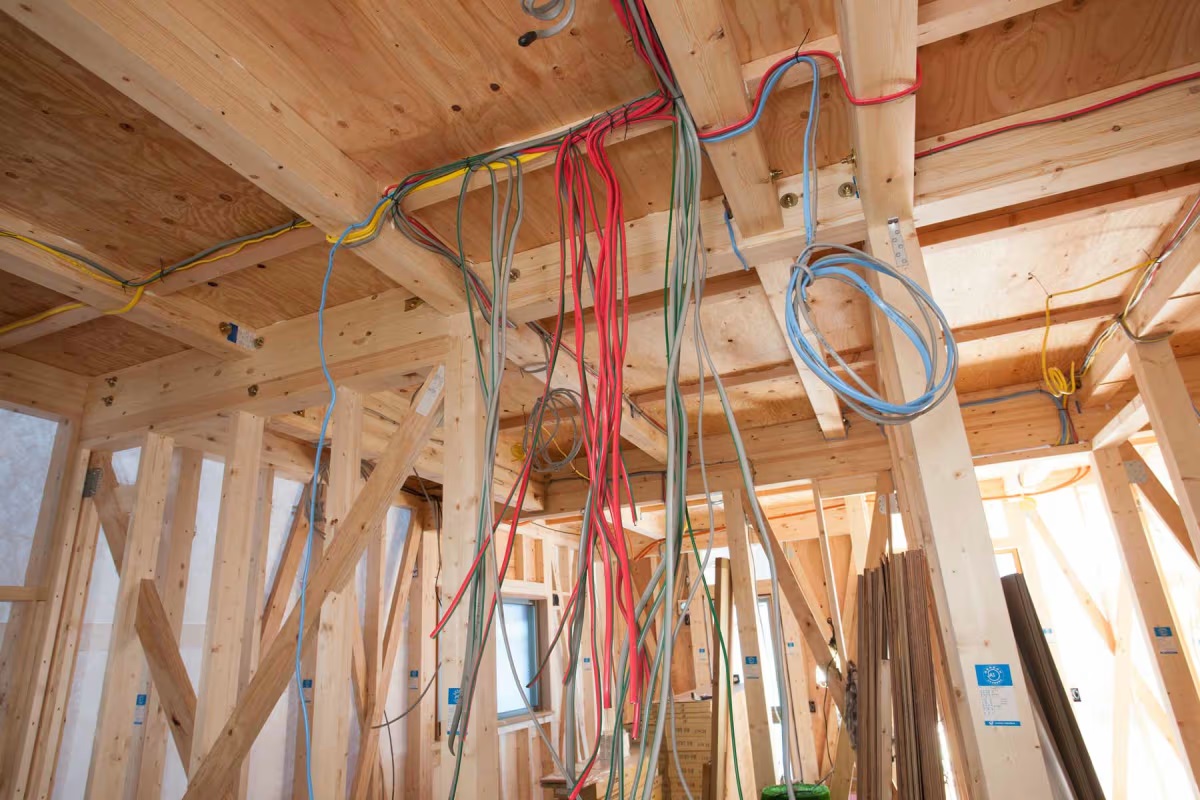
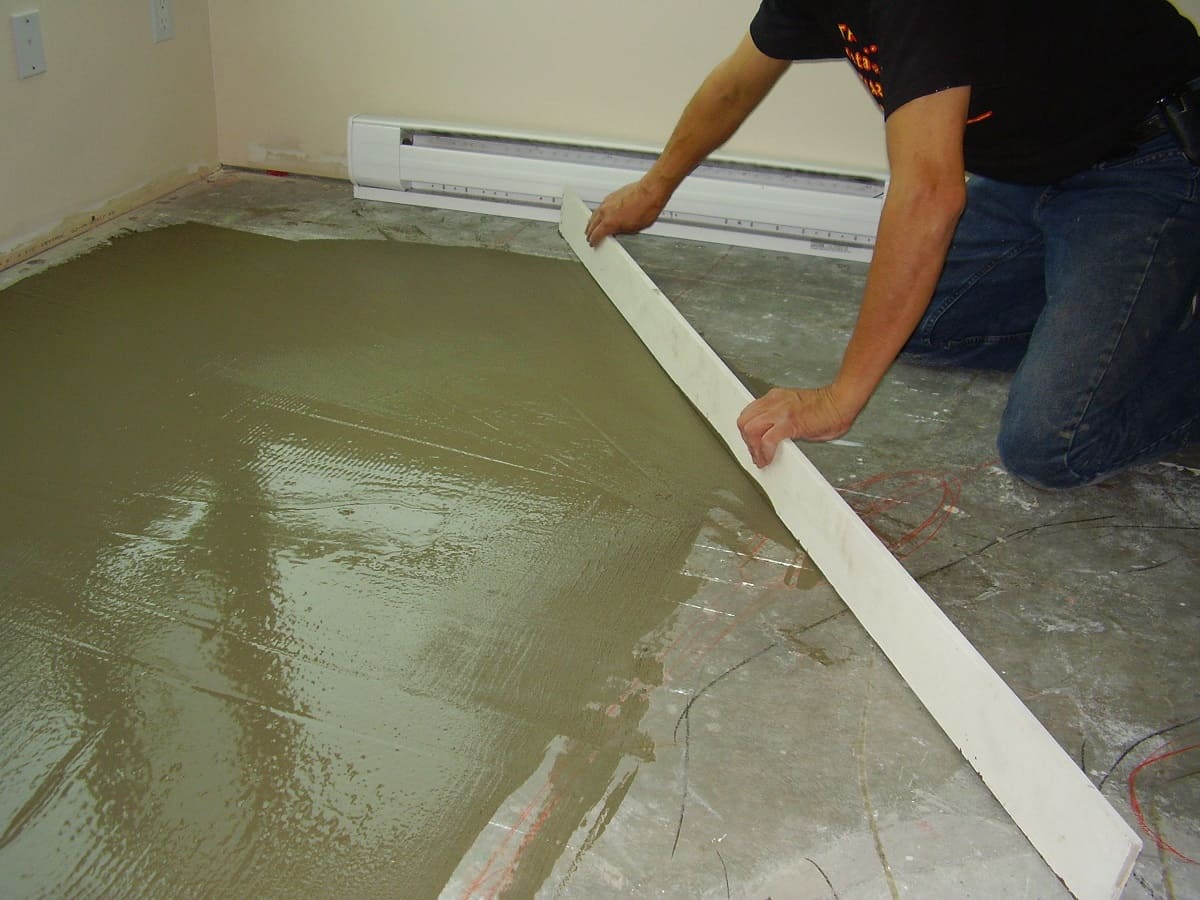


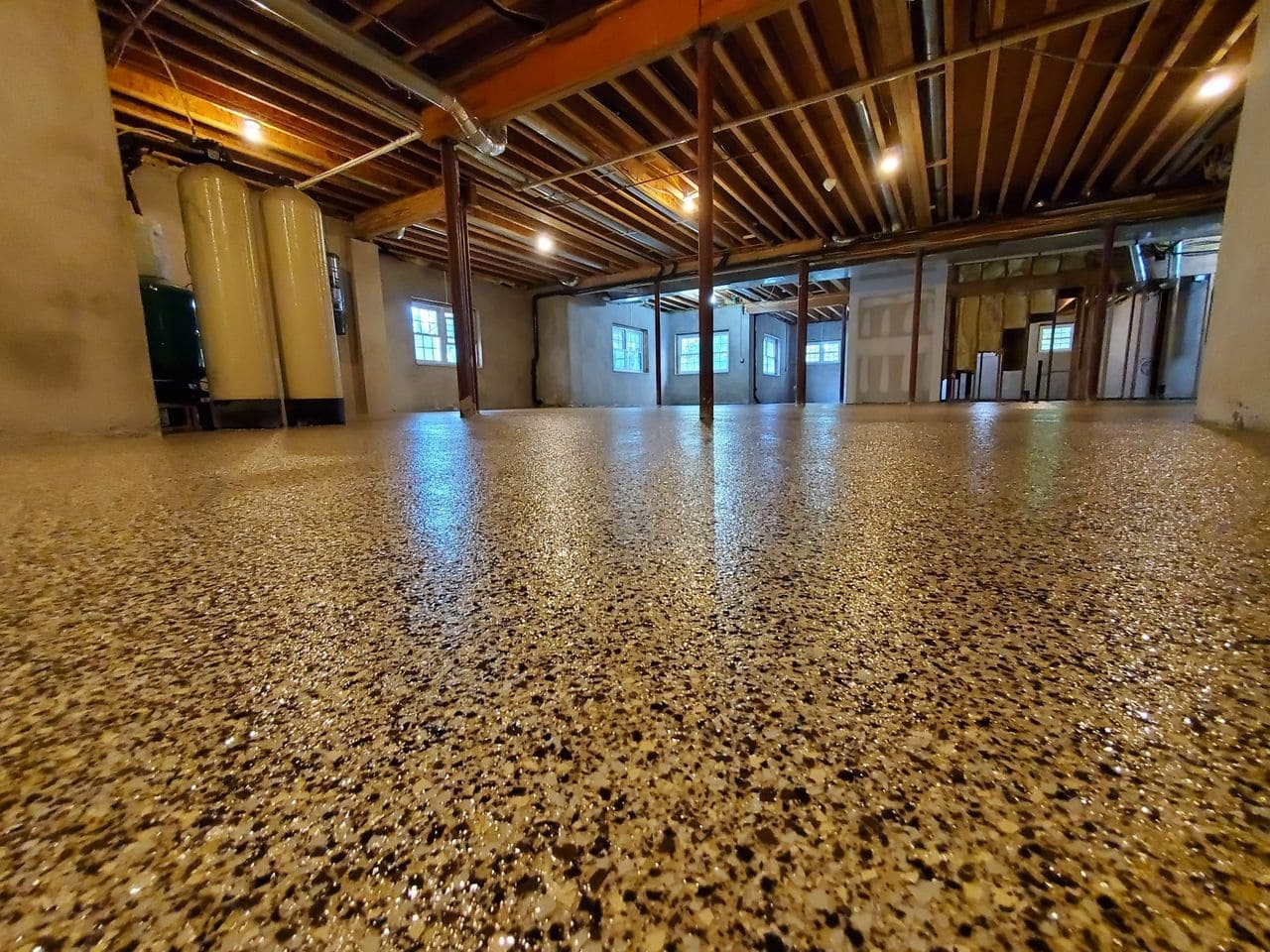





0 thoughts on “How Much Does It Cost To Clean Up A Flooded Basement”